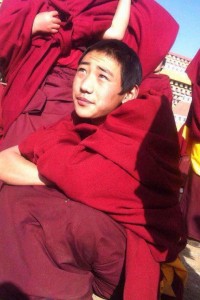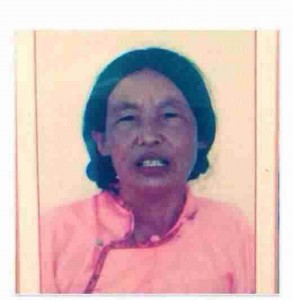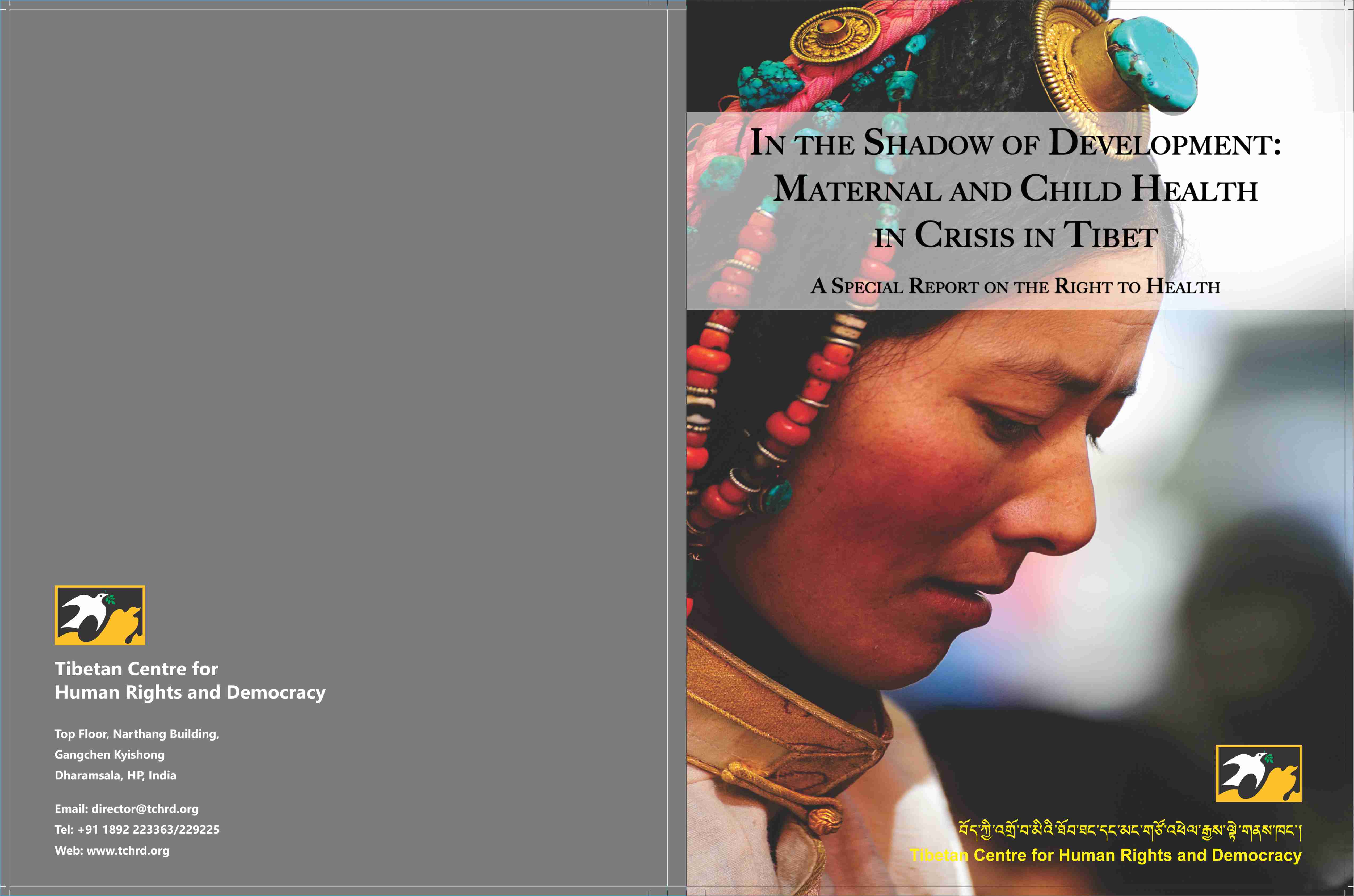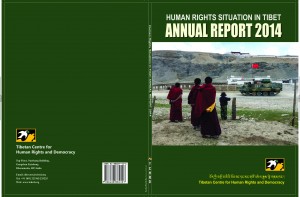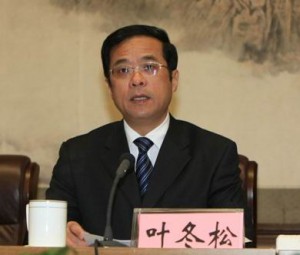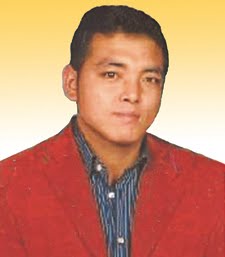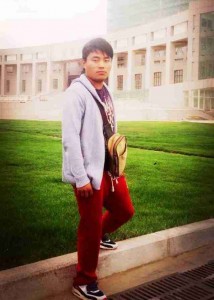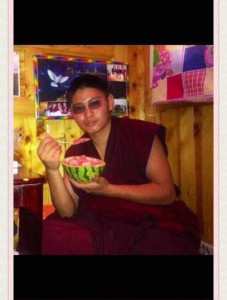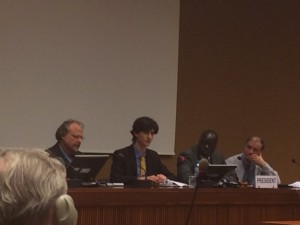
Every year the United Nations Human Rights Council (UNHRC) has three regular sessions. The session in March is usually the most important. The March session is attended by top government officials and more NGOs than the other sessions. To accommodate the large number of officials and participants, the March session is one week longer than the other regular sessions.
This year the March session began on 2 March and will last until 27 March. Given the ongoing and serious human rights violations in Tibet, TCHRD took the opportunity to send two senior researchers to the UNHRC to discuss the situation in Tibet. On Friday 13 March, the International Fellowship of Reconciliation (IFOR) organized a side event on religious repression in East Asia. John Gaudette, a senior researcher at TCHRD, participated in the event as a panelist. The other panelists included the UN Special Rapporteur on Religious Freedom and Belief Professor Heiner Bielefeld and Derek Brett, IFOR’s representative to the UN in Geneva. The event was moderated by Dr Ojot Miru Ojulu from the Lutheran World Federation.

